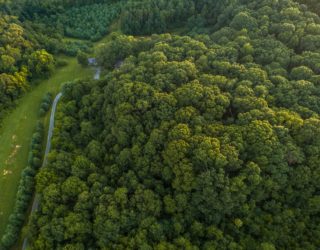European hedgehogs (Erinaceus europaeus) have declined by 97 per cent in Britain over the last 70 years, from 35 million in the 1950s to just under one million today.
Currently hedgehogs receive partial protection under the Wildlife and Countryside Act 1981 and the Wild Mammals (Protection) Act 1996. A petition has been set up calling for better protection for hedgehogs in order to reverse their decline in Britain. Moreover, having a better understanding of threats to the hedgehog to inform better habitat management plans is key to the conservation of this declining species.
This decline is mostly attributed to changes to farmland such as agricultural intensification and removal of hedgerows and field margins. But road casualties are now believed to be the most common cause of hedgehog deaths in the UK. An article published in Mammal Communications (2016) states an estimate of 167,000–335,000 hedgehog road casualties per year. This amounts to an annual mortality of 10–20% of the British population of hedgehogs.
In the 1990s hedgehogs were a familiar feature in road safety videos aimed at children, a reflection of this animal’s vulnerability on the roads. The hedgehog’s natural defence of curling tightly into a ball offers them no protection from oncoming traffic.
The British Hedgehog Preservation Society advocates driving slowly and carefully at night, making every effort to avoid hedgehogs on the road and if safe to do so, stopping and assisting hedgehogs to get across the road quickly. However, this is not a major consideration for most drivers coping with oncoming headlights, unexpected bends and traffic on the wrong side of the road, so this advice largely falls on deaf ears.
In our own gardens on the other hand, there are ways we can help hedgehogs and ensure their survival for future generations to observe and enjoy. The RSPCA suggests leaving “wild‟ areas to encourage insects and other invertebrates such as worms and slugs for hedgehogs to eat, and to provide shelter. For more RSPCA advice, click here.
You should also check carefully for animals before strimming grass and turning over compost or leaf piles.











